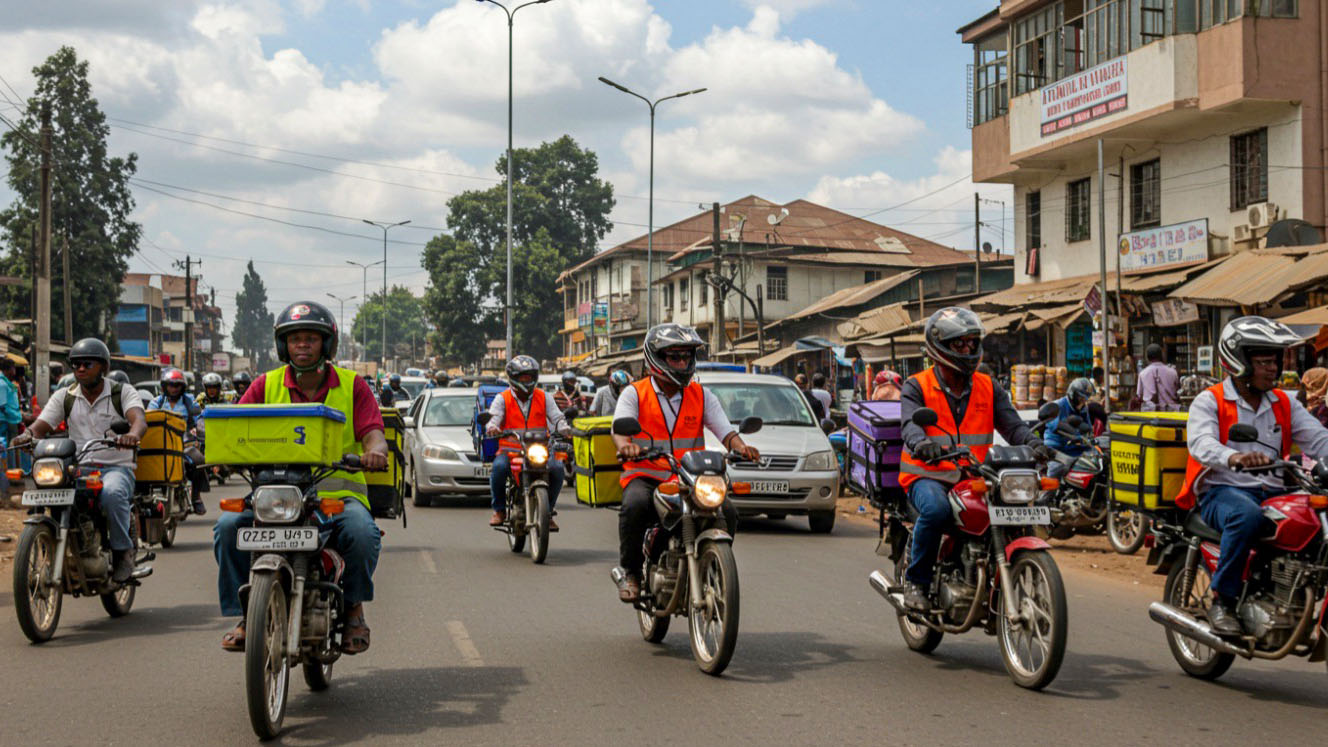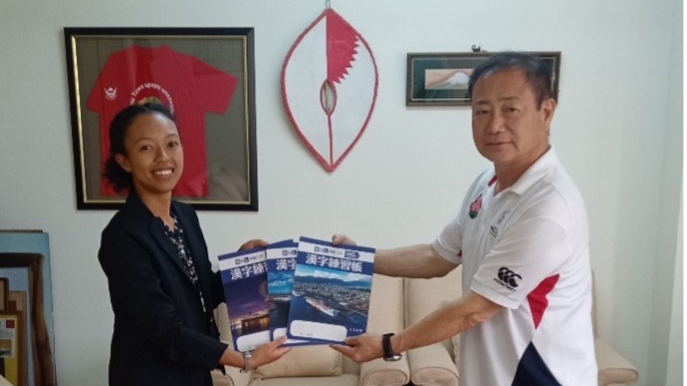Anyone who has visited East Africa has likely seen them—motorcycle taxis, commonly known as "boda boda," zipping through city streets. Widely used in countries like Kenya, Uganda, and Tanzania, they are an essential mode of transportation and delivery in both urban and rural areas. What may seem chaotic at first glance is actually the frontline of regional logistics.

Boda bodas are ideal for immediate responses in e-commerce and food delivery due to their maneuverability and ability to avoid traffic jams. Platforms like Jumia and Glovo heavily rely on boda boda drivers as the "last mile force" in their logistics networks. In areas where the informal economy prevails, flexibility and speed are their greatest strengths.
Japanese companies are also seriously engaging with these operations. For example, Yamaha Motor Group's business company "CourieMate" offers a one-stop service for leasing, maintenance, training, and operation management of commercial motorcycles for delivery operators. They are expanding primarily in Kenya, enhancing professionalism within the boda boda industry. By aligning with local needs, they contribute to building a more reliable delivery infrastructure, which serves as a differentiating point from other international companies.
However, using boda bodas for delivery comes with complex challenges related to collecting payment for goods. Cash payments are still predominant locally, leading to issues such as absence at delivery locations, refusal to pay, and negotiation over amounts. Additionally, there are management risks for bikers handling cash, with potential for reporting omissions or embezzlement.
To avoid these situations, some companies are starting to employ delivery personnel directly and manage operations strictly, but the operational costs associated with cash collection, verification, and settlement remain high, and a complete solution has not yet been achieved. Switching to a full prepayment system poses psychological barriers, particularly for new customers or small orders, which could lead to a decline in orders.
Given the local business practices where cash transactions and trust-building are closely linked, more structural approaches such as utilizing mobile money and redesigning the entire delivery and payment flow will be required in the future.
In regions where urban infrastructure is underdeveloped, logistics starting from "that one motorcycle" symbolizes the intersection of business opportunities and social challenges in East Africa.



